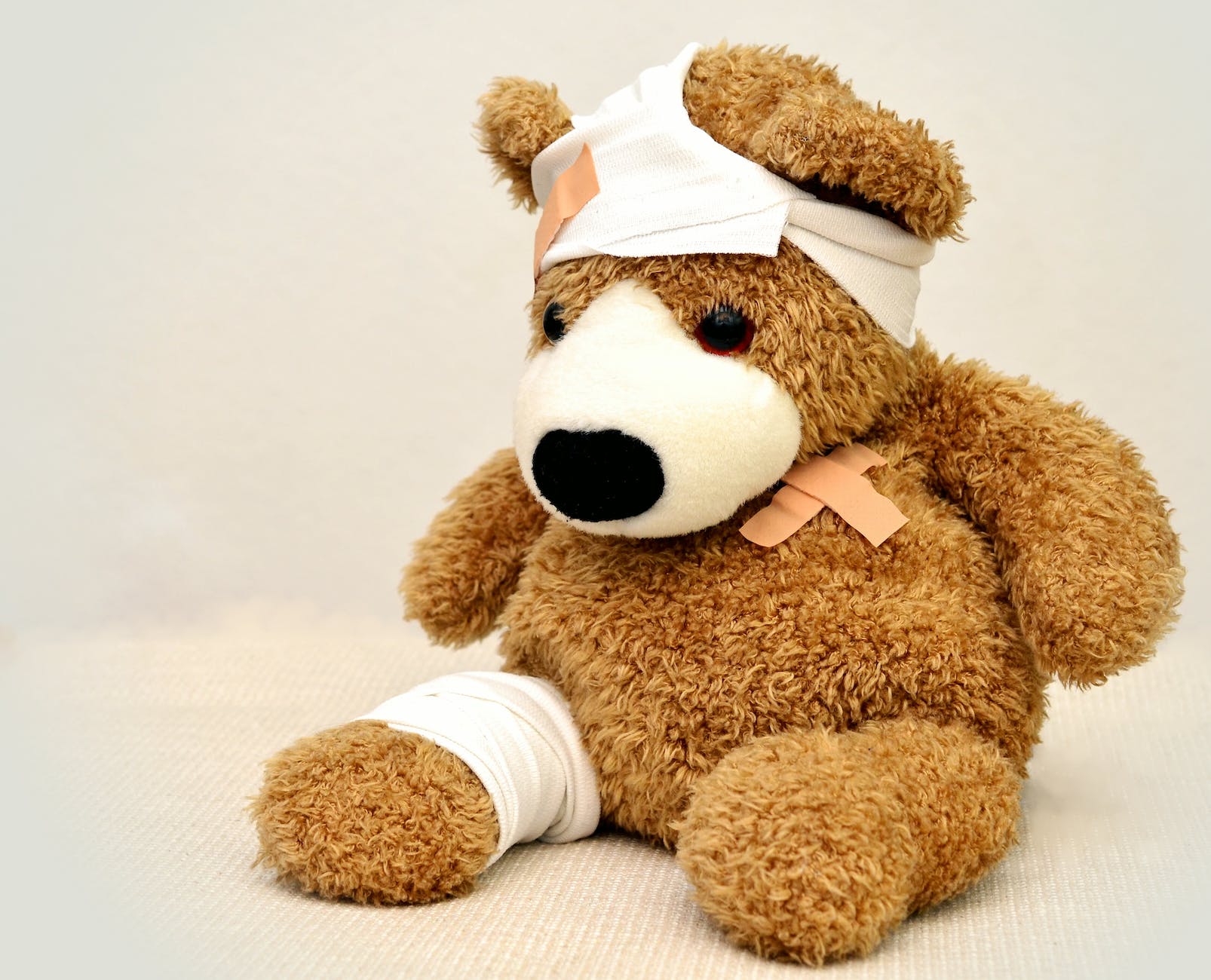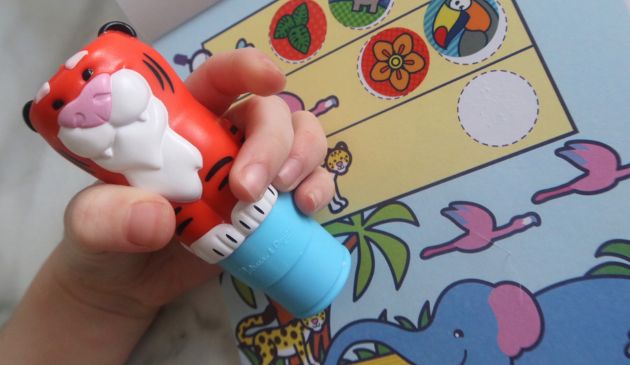
How to Raise a Resilient Child

This is a collaborative post
It’s natural for parents to want to swoop in and save the day whenever our children are faced with a challenging situation, to protect them from any physical or emotional harm, but that isn’t always beneficial for them. It’s important to let children make mistakes so that they can learn from them and become more resilient and self-sufficient. After all, there will be times when you are not there to help, so they need to learn to cope with issues independently. A private school in Hertfordshire
have put together the following advice for parents, to help you raise a resilient child.
Give Your Child Some Space
Of course, if you can see that your child is about to slice their hand open with a knife while preparing food, you will need to interfere and protect them, but safe and sensible risk taking should be encouraged. If they trip over and graze a knee, avoid mollycoddling them because this will make it harder for them to brush themselves off and carry on; they will relish in the attention and start to believe that crying and making a fuss is the right way to react to a minor mishap.
If your child is bored, let them figure out a way to keep themselves entertained without your help, especially as they get older. They need to learn how to handle themselves and solve problems without your help sometimes, which will teach them resourcefulness and spark their imagination.
Give Your Child a Confidence Boost
If your child is confident, they will feel better about dealing with various hardships because they will know that this doesn’t define them. To boost your child’s confidence, set them some achievable goals that they can work towards independently and give them plenty of positive reinforcement.
Even if they don’t reach these goals, remind them that you’re proud of them for trying their best, as this will encourage a growth mindset.
Suggest an Extra-Curricular Activity
It will also benefit them to pursue some extra-curricular activities, where they will develop a range of soft skills and build strong relationships with likeminded people. This will help them with their self- esteem and will give them the opportunity to tackle a unique set of challenges. Extra-curricular activities will also help your child learn what they are capable of and what their strengths and weaknesses are. This self-awareness will make it easier for them to deal with problems going
forward.

















































